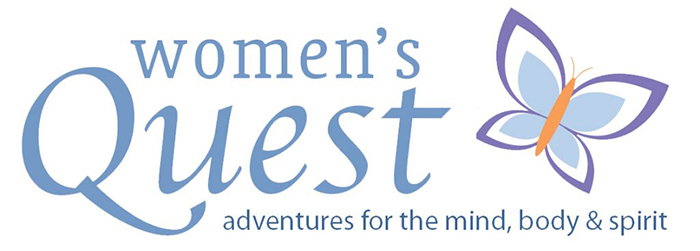Cultivating an Attitude of Gratitude
Want to know the best way cultivate an attitude of gratitude during this thanksgiving holiday? It’s simple.
GIVE BACK!
I was lucky in my professional triathlon career to learn to Give Back. I was sponsored by Pioneer Electronics for a few years and the captain of our triathlon team was Scott Zagarino who organized a way for us to touch so many lives. Every race we participated in, all around the world, we visited the Children’s hospital in the area the day before the race. This gave me a much-needed perspective adjustment which got me out of my head and into my heart.
Back home we also had our own local Children’s hospital and I worked at the one in Denver. After every race I would drive to Denver and meet with the children. It was heartbreaking and heart-filling at the same time. Many of the children did not live very long or have a very good prognosis, but at least we got to celebrate and give thanks for the small successes when we were together. It may have been chemo or another brain treatment but we always laughed and enjoyed our time together. Plus, I always gave them my race t-shirts and trophies.
This thanksgiving, be sure to give in any way you can. It does not need to be at a hospital but that would be a great idea. Give a simple gesture like a smile, give a tree a hug, open the door for someone, let someone in front of you in line, give praises to your turkey and to the cooks of the turkey, give an old friend a call, give your time, give your energy, give your essence, and you will find that you will GET OVER YOURSELF AND ALL YOUR DAILY DRAMA!
Our awesome staff-member Jaqueline Stanford is all about giving! She led and organized a visit to a women’s shelter in Newfoundland to help paint their building. She also has a great story of rescuing a dog in Bhutan with the other Questers and the monks even learned that being kind to all beings includes animals! Click here to read her story!
There’s even scientific research that when you are kind and give, you’re a happier person. Most research on the science behind why kindness makes us feel better has centered around oxytocin. Sometimes called “the love hormone,” oxytocin plays a role in forming social bonds and trusting other people. It’s the hormone that mother’s produce when they breastfeed, cementing their bond with their babies. Dr. IsHak says studies have also linked random acts of kindness to releasing dopamine, a chemical messenger in the brain that can give us a feeling of euphoria. This feel-good brain chemical is credited with causing what’s known as a “helper’s high.” In addition to boosting oxytocin and dopamine, being kind can also increase serotonin, a neurotransmitter that helps regulate mood. Dr. IsHak writes, “We’re building better selves and better communities at the same time.”
